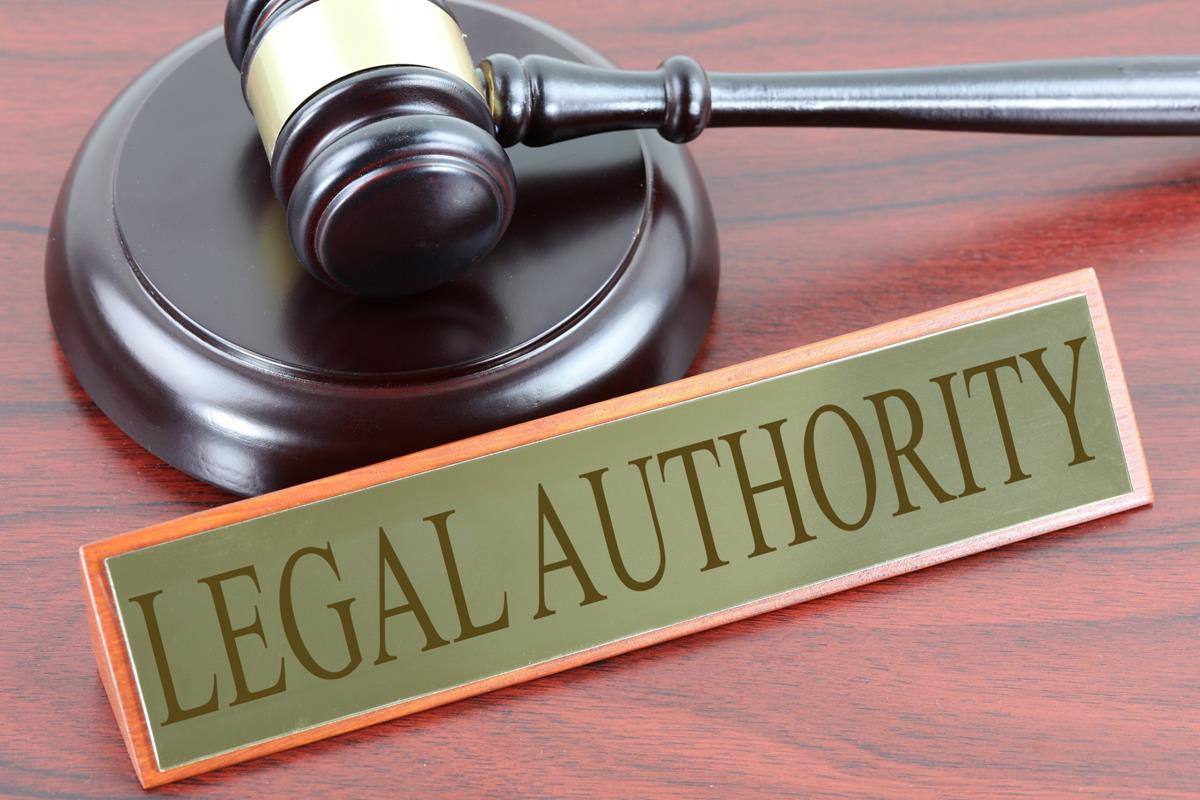Understanding the leave to appeal procedure

04 May 2023
Introduction
In South Africa, the process of appealing a court decision varies depending on the court of origin. This article focuses on the leave to appeal procedure in the High Court and special leave to appeal to the Supreme Court of Appeal.
Overview of leave to appeal
Before launching an appeal against a decision of the High Court or the Supreme Court of Appeal to the Constitutional Court, the litigant must first obtain leave or special leave to appeal. The procedure for seeking leave to appeal is not applicable for appeals against decisions of Magistrates’ Courts, where litigants have an automatic right to appeal without permission.
Special leave to appeal
Special leave to appeal is required if a judgment has already been appealed by means of a full court of appeal, and the appellant wishes to launch a further appeal against the judgment of the full bench. To obtain special leave, the applicant must show, in addition to the reasonable prospect of success, that there are special circumstances that merit a further appeal to the Supreme Court of Appeal. Such circumstances may include a substantial point of law, a matter of great public importance, or strong prospects of success that the refusal of leave would probably result in a manifest denial of justice.
Grounds for granting leave to appeal and special leave to appeal
The court evaluates an application for leave to appeal by considering whether there is a reasonable prospect of success and whether the matter is of substantial importance to the appellant or both parties. Section 17(1) of the Superior Courts Act provides that leave to appeal may only be granted if the judge or judges concerned are of the opinion that there is a compelling reason why the appeal should be heard, such as conflicting judgments on the matter, the decision will have a practical effect or result, or the appeal would lead to a just and prompt resolution of the real issues between the parties.
Application to the High Court for leave to appeal
To request leave to appeal from a court constituted before a single judge, litigants may inform the judge when the judgment is made and verbally state the grounds for appeal. If not done verbally, an application for leave to appeal must be made within 15 days of the date of the judgment or order appealed against. The application must set out the grounds for the appeal clearly and succinctly. Failure to comply with these requirements may result in the dismissal of the application.
Conclusion
The leave to appeal procedure ensures that the appeal process is not abused and that only meritorious cases proceed to appeal. Understanding the requirements for leave to appeal and special leave to appeal can save time and resources for litigants. It is essential to comply with the relevant rules and procedures when seeking leave to appeal to avoid the dismissal of the application.
Contact an attorney at SchoemanLaw Incorporated for your litigation needs.
Written by Johan de Lange, Professional Assistant, Attorney, at SchoemanLaw Inc.
See also:
- Application for leave to appeal
- Is an interim order of court appealable?
- Juta publication: Superior Courts Act & Magistrates’ Courts Act, and Rules & Periodic Time Charts 2019
- Superannuation – Can a court dismiss a civil action due to an inordinate delay in prosecuting the matter?

